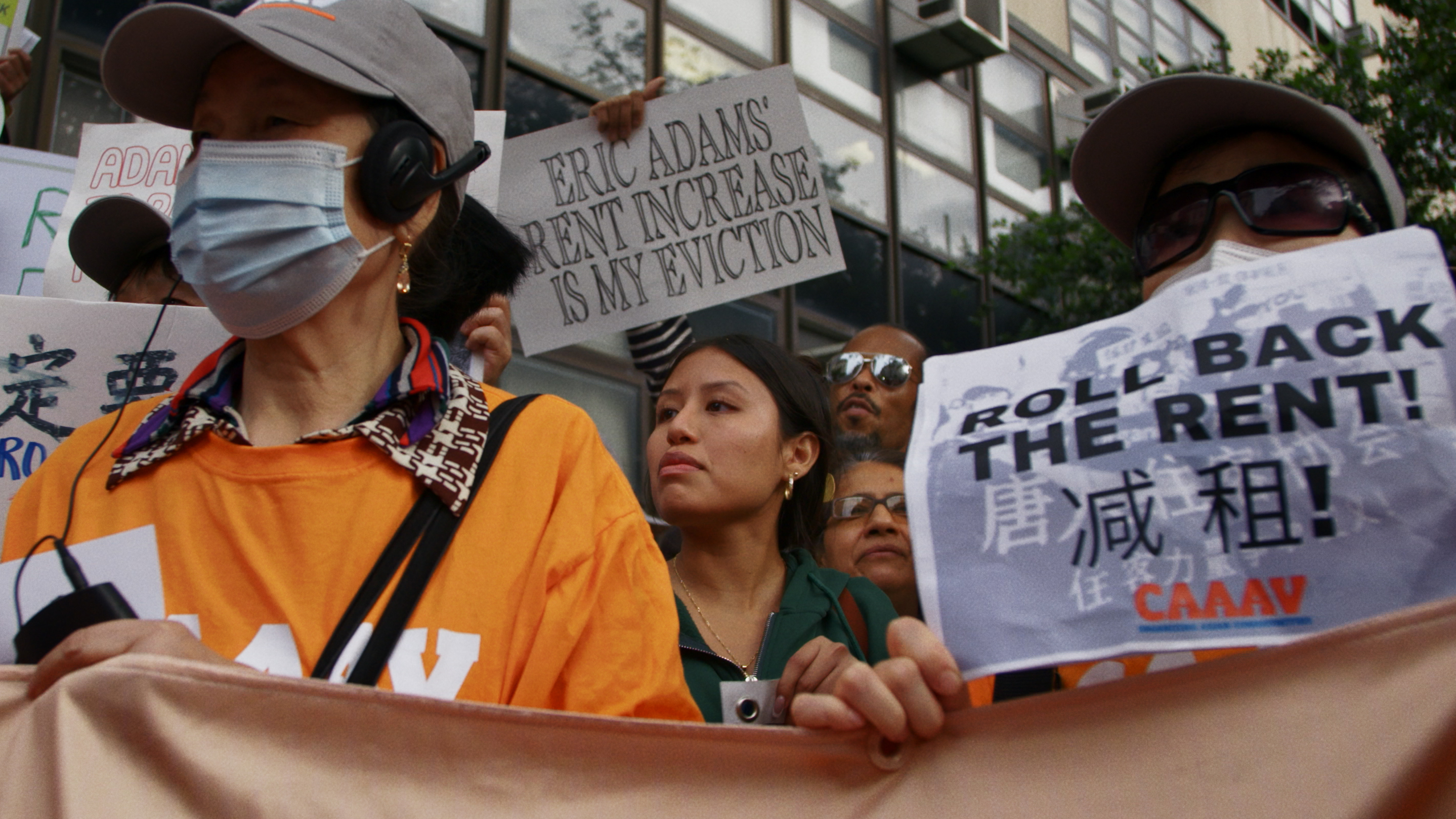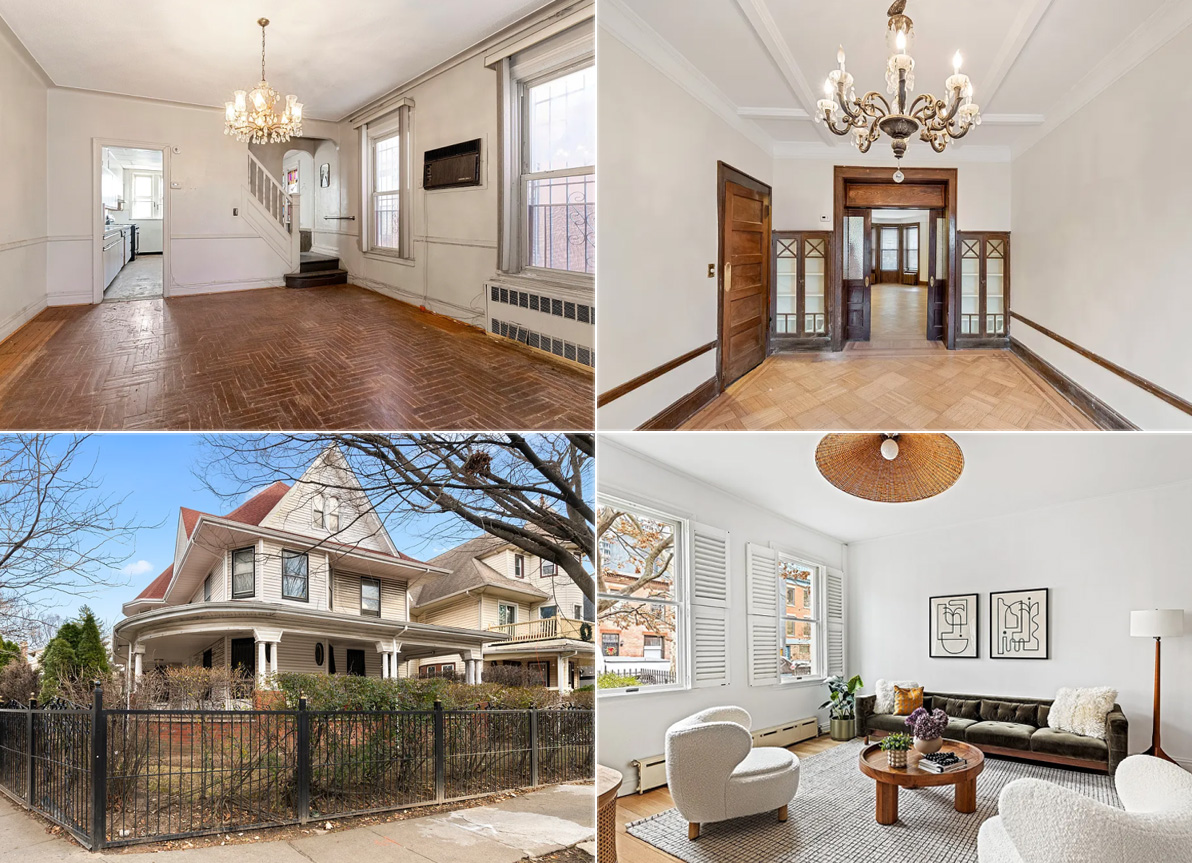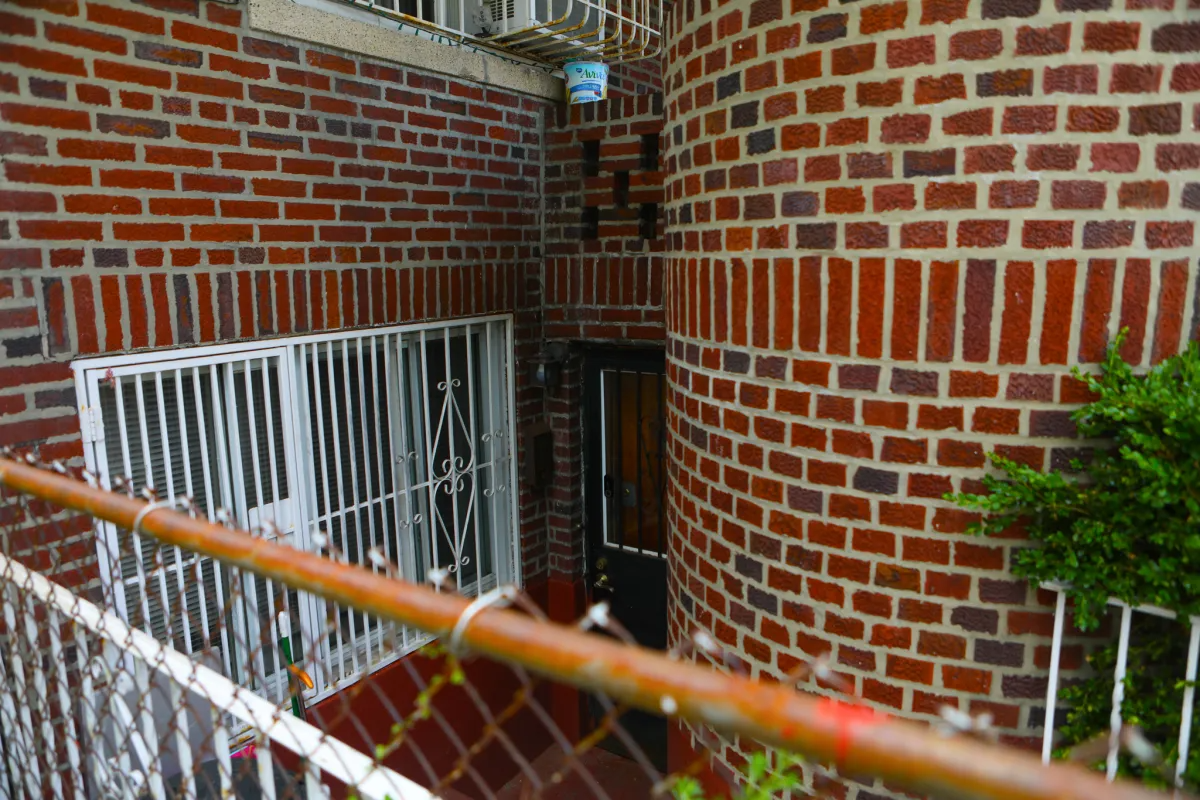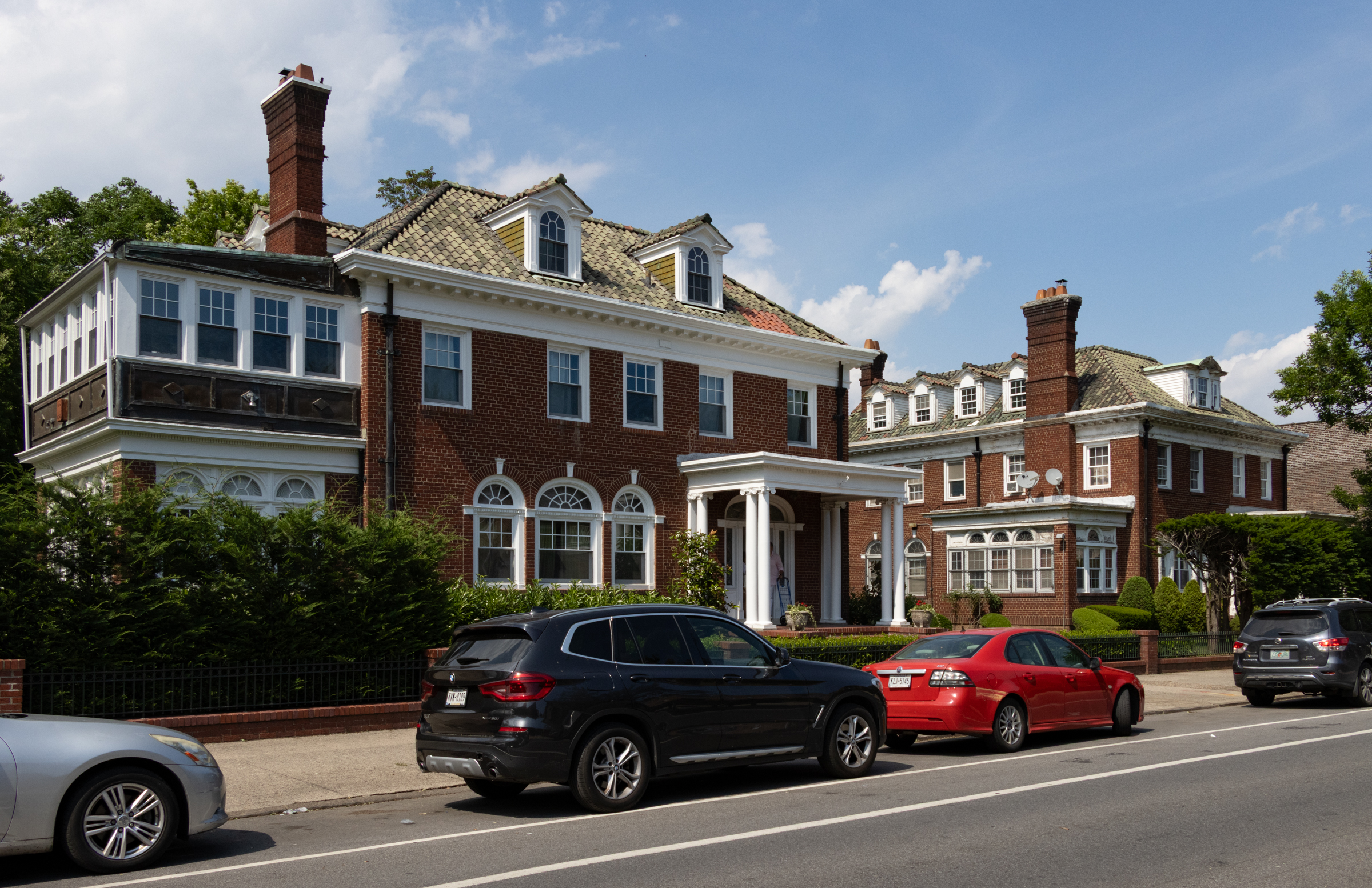30-Year Mortgages Coming Back in Style
USA TODAY, June 14, 2005 — Conventional 30-year mortgages fell out of favor last year as home buyers seeking to reduce their monthly payments opted for adjustable-rate and interest-only mortgages. During the second half of 2004, adjustable-rate and interest-only loans accounted for 63% of mortgage originations, according to the Mortgage Bankers Association. But while high…
USA TODAY, June 14, 2005 — Conventional 30-year mortgages fell out of favor last year as home buyers seeking to reduce their monthly payments opted for adjustable-rate and interest-only mortgages. During the second half of 2004, adjustable-rate and interest-only loans accounted for 63% of mortgage originations, according to the Mortgage Bankers Association. But while high pants will, hopefully, remain in the back of the closet, fixed-rate mortgages are enjoying a renaissance.
At Wells Fargo, fixed-rate mortgages accounted for nearly half of all mortgages in the first quarter of this year, up from 35% during the fourth quarter of 2004. The reason: Rates for 30-year mortgages are at a 14-month low. Last week, the average 30-year fixed-rate mortgage was 5.56%, the lowest since April 1, 2004, according to mortgage giant Freddie Mac. The decline has narrowed the difference between long- and short-term mortgage rates. The average rate for a one-year ARM was 4.21% last week, up from 4.14% a year ago, according to Freddie Mac.
Comment: We just locked in a 30-year fixed jumbo last week at 6%. We toyed around with the idea of a hybrid, but we’re planning on staying in our house a long time and decided it was worth it to pay a premium to be able to sleep at night. Only time will tell.
Good Old 30-Year Mortgages Are Back [USA Today]





I’ve managed to save up roughly $37732 in my bank account, but I’m not sure if I should buy a house or not. Do you think the market is stable or do you think that home prices will decrease by a lot?
I cut out the mortgage brokers and went straight to the banks. All mortgage depts of banks have an 800 #, I put together a list of about 30 phone numbers and took one day off to call all of them, always stick with the big banks they have more to offer and usually underwrite their own mortgages.
Ask for special mortgage programs being offered. Ours was a federal “CRA program” (community reinvestment) its primarily for low income neighborhoods but neighborhoods with moderate income families can pass too cos thats how we qualified so any zip code in brooklyn should suffice thanks to our diversity. We didn’t qualify for some programs because we wanted to put 20% down and in other cases exceeded the income requirement.
It requires FULL disclosure on EVERYTHING in your life and they will verify and re-verify everything. 9 years ago when I was 16 years I immigrated from Africa and they contacted the INS to make sure I wasn’t an illegal alien even though I’m now a citizen and verified my social security number.
The whole process is very stressful cos they try to stonewall you and push ARMs and IOs on you thats why its important to crunch the numbers on your own and ALWAYS ask for explanations and criteria being used to reject you cos they lie a lot. We were rejected 3x but I kept asking why and refused to take no for an answer and made sure their numbers were matching mine cos I knew all our ratios. In the end they caved and used the right numbers. We used the Bank of New York, be prepared to fight and don’t believe everything they tell you. They rate changed from 4.75% to 5% on March 31st for the 30 yr fixed, and if I remember correctly it can be for any loan amount cos initially we were pre-approved for $1.2 mill and was going to close on a $849,000 property but later settled for our house that was half this amount.
we used eric applebaum quoted in that article actually. and yes, to 4.75 for 30 years, if you could, tell us more about how you came about that rate- was it simply good credit score? what did you do extra- shop around and negotiate harder because of all the number crunching you had already under your belt?
Article in today’s Times about the number of people buying homes they could not otherwise afford with ARMs and IOs, and the huge amount of debt that is scheduled to convert to fixed rates in the coming years. Not everyone is prudently using the loans to buy houses they could afford to buy outright with their savings, or to buy homes they know they will be leaving before the rate adjusts.
http://www.nytimes.com/2005/06/16/realestate/16arm.html
4.75% for a 30 year fixed a few months ago? Was that a jumbo loan? Great deal! Can I ask who your lender was?
I agree with brownstoner locking into a 30-year fixed rate does help you sleep at night. A few months back when we were shopping around for our mortgage many brokers and banks tried to push ARMs and IOs and IOs attached to ARMs on us.
They sounded really good and were tempting at times but when we sat down with our calculators the fixed rate was the best way to go. We heard all the pros and cons about ARMs and IOs and I see why they tried so hard cos after all in the long run its good business for the banks than doing fixed rates.
All I have to say is if IOs were that great they wouldn’t have vanished for many years and poped up when many had forgotten about their past and ARMs based on Libor index didn’t sit too well with me.
We happily settled for a 30 yr fixed rate at 4.75% it took a lot of research and being a pest but we got our townhouse in a neighborhood (Lefferts Gardens)we loved at a price we wanted and a rate that lets us sleep at night. For all you shopping for mortgages don’t just listen, crunch the numbers on your own, calculate your ratios on your own (debt to income, backend and frontend)they are usually miscalculated so that they can justify pushing a riskier mortgage on you.
Very important to note that those caps don’t come for free. Your payment increase is limited, but if the cap kicks in, your principal increases, because your capped payment is not reflecting the “real” increase in rates. That increases the likelihood of owing money on the house after you sell. Obviously this doesn’t matter if you sell before the rate adjusts. Big if.
ARMs have caps as well. They don’t spike up to 15%. Mine can go up 4% total, 1% at a time (per/yr). That would stilll leave me 8.5%. I don’t plan to be here then, but it does have a cap.
We just closed on a place we owned for a little less than 3 years. We had paid off about 5k of the principal. We should have had an IO loan. IO holders may not have the money OR (like me) don’t plan on being in one place long. Avg length of stay in a owned home is 7 years. Why get a mortgage with benefits for long-term owners if you know that you will be moving in 2 or 4 or 6 years?